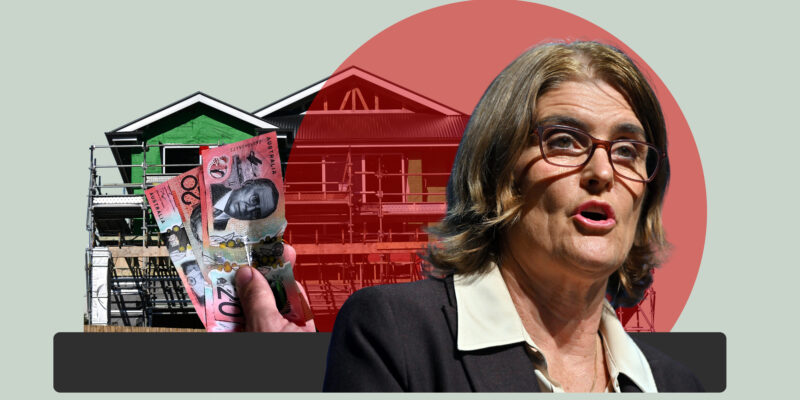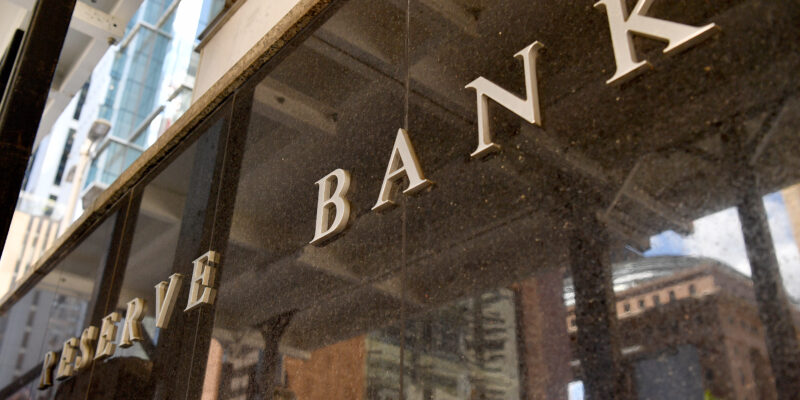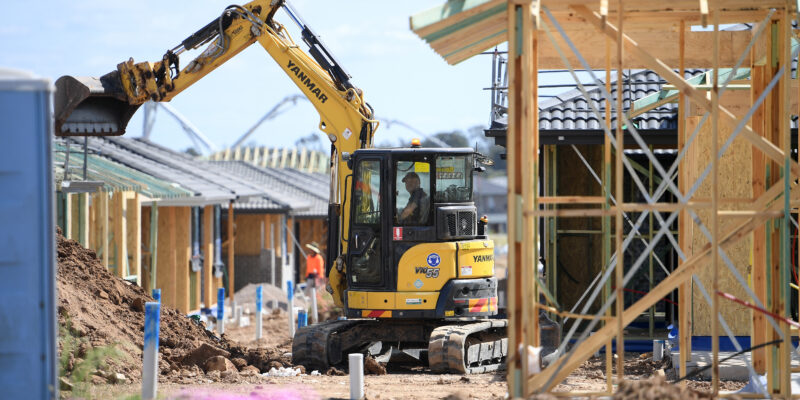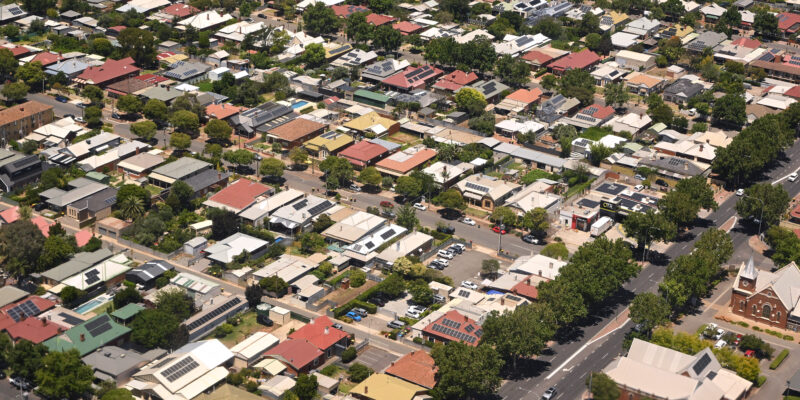Hot inflation dashes hope of Melbourne Cup rate cut
The latest inflation figures are lengthening the odds of a cut in interest rates anytime soon.

THE chance of another interest rate cut in November has been dealt a “knockout blow” by hotter-than-expected inflation numbers, economists say.
Underlying inflation rose one per cent in the three months to September, to hit an annual reading of three per cent.
Housing, recreation and culture, alcohol and tobacco, and communication had the biggest price increases over the most recent quarter, according to the Australian Bureau of Statistics.
Underlying or trimmed-mean inflation is the Reserve Bank’s preferred measure because it ignores volatile items such as power prices.
Across the economy more broadly, headline inflation rose to 3.2 per cent for the year to September, the first time it has left the RBA’s target band of two-to-three per cent in more than a year.
The increase to headline inflation has largely been put down to the roll-off of state power bill rebates, meaning many households have had to pay higher electricity prices.
Analysts were widely expecting consumer prices to rise, but the strong increase has caught many experts off guard.
Oxford Economics Australia lead economist Ben Udy said the central bank’s board would likely be wary of cutting interest rates while consumer prices were increasing so quickly.
“The 1.3 per cent quarter-on-quarter rise in the CPI was faster than the RBA had been anticipating and delivers the knockout blow to any remaining hope of a November rate cut,” he said.
The Reserve Bank has indicated it will examine the inflation data closely before making its next interest rate decision on Melbourne Cup Day.
Economists still expect further rate cuts from the current level of 3.6 per cent, either in December or early next year.
Treasurer Jim Chalmers conceded inflation had increased but said it was still better than what Labor inherited.
“Underlying inflation has now been between two and three per cent for three consecutive quarters,” he said in a statement.
Shadow treasurer Ted O’Brien said government spending was making the economic situation more challenging for households and the Reserve Bank.
“You have a situation where both inflation and unemployment are above the RBA forecast, creating a diabolical situation,” he told reporters in Canberra.






